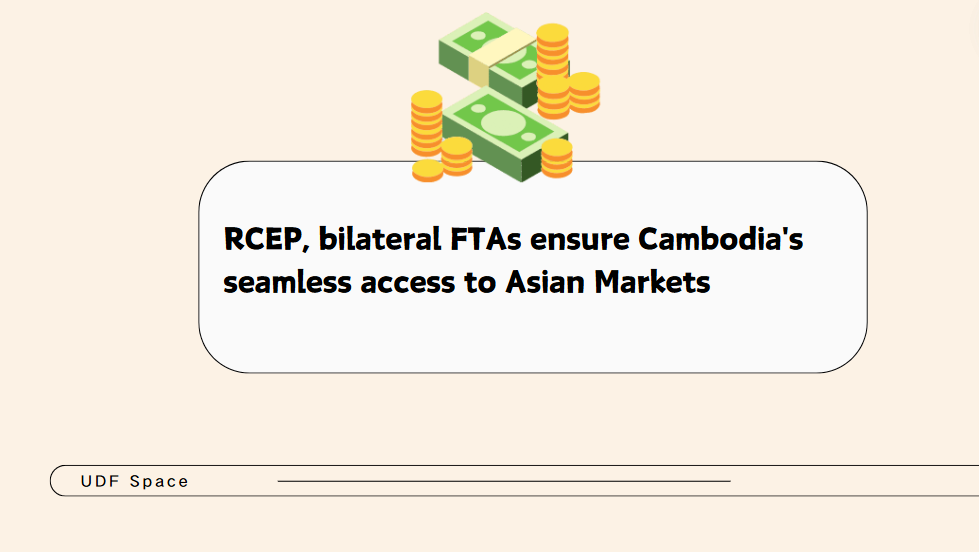China's Revised Anti-Money Laundering Law(Draft)
In an era marked by evolving global financial regulations, China's latest amendments to the Anti-Money Laundering (AML) Law are set to strengthen financial transparency and integrity while aligning closely with international standards. Proposed for a third reading by the Standing Committee of the National People's Congress, this revision underscores China's commitment to bolstering its AML framework amid rising global scrutiny.
Strengthening Risk Management with a Balanced Approach
The latest draft amendment seeks to introduce a more balanced AML approach, mandating that financial institutions closely monitor clients' profiles and transaction patterns while ensuring minimal disruption to their legitimate financial activities. To address public concerns, the law specifies that financial institutions should maintain access to essential services, particularly those related to healthcare, social security, and utilities. Furthermore, high-risk clients, identified through specific transactional inconsistencies, may face additional scrutiny, ensuring that these measures target only those posing a genuine risk to financial integrity.
Cross-Departmental Collaboration to Enhance AML Enforcement
The revised law formally expands AML enforcement responsibilities beyond the central bank to involve a wider array of agencies, including financial regulators, law enforcement, and customs authorities. This coordinated approach enhances the efficiency and scope of AML oversight, positioning China's regulatory landscape to mirror the Financial Action Task Force’s (FATF) recommendations. By promoting greater cross-departmental synergy, China aims to develop a robust AML framework that reflects best practices observed across leading international jurisdictions.
Broadening Predicate Offenses to Combat Financial Crimes
Reflecting the international trend, the amendment broadens the range of predicate offenses considered under money laundering. Under the proposed legislation, institutions will need to monitor and report a wider spectrum of suspicious transactions, aligning with best practices in the U.S. and Europe. This shift not only intensifies compliance obligations for Chinese institutions but also aligns with China's ongoing strategy to address financial crimes and terrorism financing.

Expanding Extraterritorial Jurisdiction
In a significant policy development, the revised AML Law asserts extraterritorial jurisdiction over money laundering activities abroad that threaten China's national security or financial order. As part of this change, foreign financial institutions with correspondent accounts in China are required to comply with domestic AML investigations, enhancing China’s reach over high-risk jurisdictions. This stipulation supports a more proactive stance in tackling global financial risks and is expected to align with FATF evaluations, positioning China as a proactive player in international AML standards.
Enhanced Penalties and Greater Accountability for Compliance Failures
The draft also includes a marked increase in penalties for non-compliance. Financial institutions found to violate AML requirements now face fines up to 50% of transaction values, while board members and senior management may be held personally liable if found neglectful. This amendment encourages a heightened level of diligence among financial professionals, reinforcing the importance of a proactive compliance culture across the sector. Additionally, the revised law incorporates a “safe harbor” clause for executives who can demonstrate reasonable efforts to maintain AML standards, reflecting a balanced approach toward executive accountability.
Inclusion of Non-Financial Institutions in AML Obligations
In a groundbreaking shift, the revised law broadens the scope of AML responsibilities to include specific non-financial institutions. Industries such as real estate, precious metals, law, and accounting now bear defined AML obligations, requiring these sectors to adopt internal controls and conduct due diligence on high-risk clients. This expansion, a significant adjustment within China's AML policy framework, is anticipated to enhance the detection of illicit funds across diverse industries, addressing financial vulnerabilities beyond traditional banking.
These amendments, if enacted, represent a profound step towards fortifying China's financial safeguards and aligning its AML framework with global standards. By prioritizing transparency, broadening the scope of regulated sectors, and reinforcing a cross-departmental enforcement mechanism, the revised AML Law reflects China's proactive engagement in the global fight against money laundering. As financial institutions and non-financial entities alike adapt to these regulations, the overarching message is clear: the pursuit of financial integrity is a shared responsibility in the modern financial landscape.






















































First, please LoginComment After ~